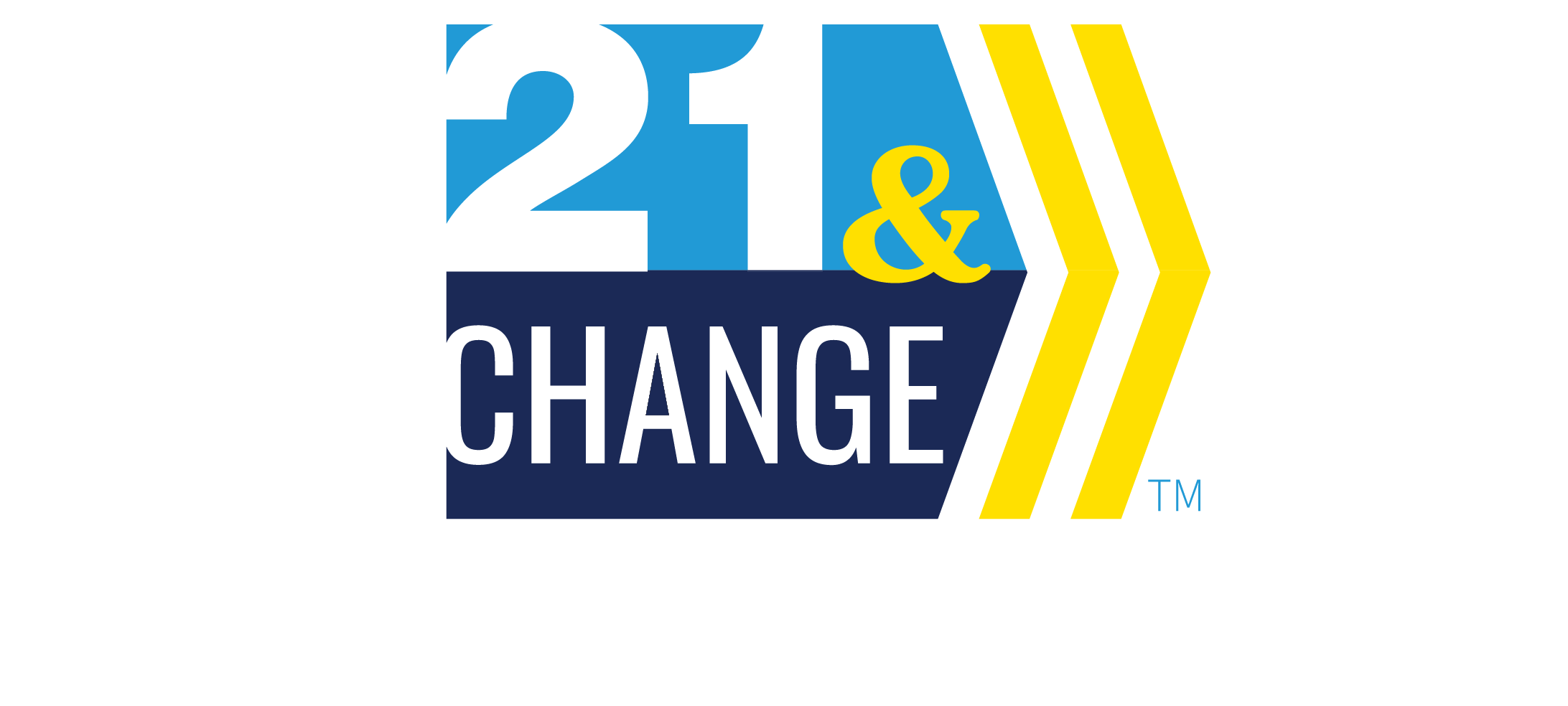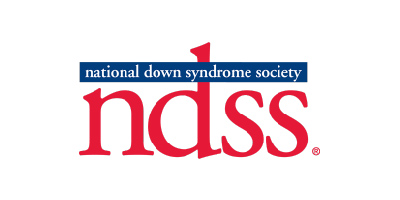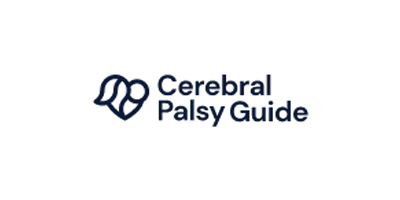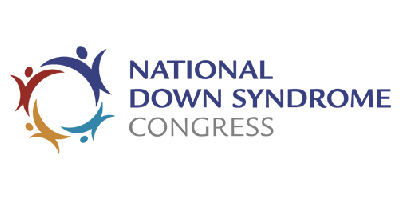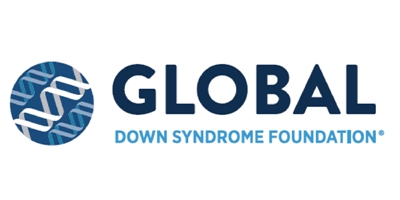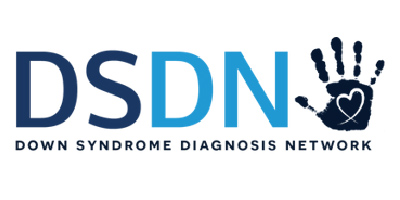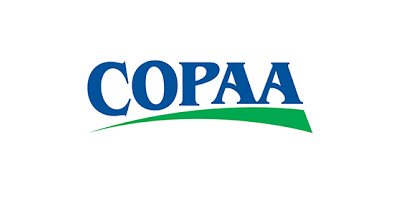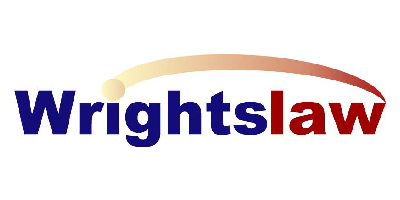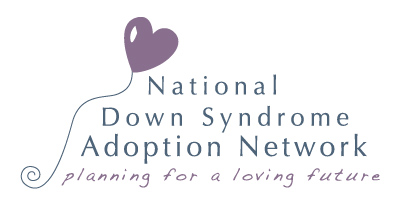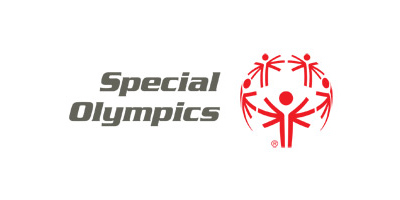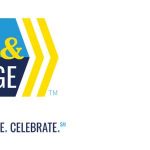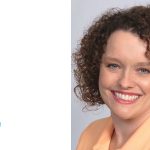National Down Syndrome Society (NDSS) is the leading human rights organization for all individuals with Down syndrome.
Cerebral Palsy Guide provides free educational materials, financial resources, and support options for families affected by this condition and other birth injuries.
National Down Syndrome Congress (NDSC) is dedicated to an improved world for individuals with Down syndrome. We are the leading national resource of support and information for anyone touched by or seeking to learn about Down syndrome. Educate. Advocate. Empower. Inspire.
Global Down Syndrome Foundation (GDSF) – Significantly improve the lives of people with Down syndrome through research, medical care, education and advocacy. Support the Linda Crnic Institute for Down Syndrome to eradicate the medical and cognitive ill effects associated with Down syndrome.
Down Syndrome Diagnosis Network (DSDN) – The mission of Down Syndrome Diagnosis Network (DSDN) is to connect, support and provide accurate information to families with a Down syndrome diagnosis. Our vision is that all parents that receive a new diagnosis are provided with accurate, current information through their medical providers every time.
Council of Parent Attorneys and Advocates (COPAA) mission is to protect and enforce the legal and civil rights of students with disabilities and their families. Our primary goal is to secure high quality educational services and to promote excellence in advocacy.
Wrightslaw Special Education Law and Advocacy – Parents, educators, advocates, and attorneys come to Wrightslaw.com for accurate, reliable information about special education law and advocacy for children with disabilities.
National Down Syndrome Adoption Network (NDSAN) – The mission of the National Down Syndrome Adoption Network is to ensure that every child born with Down syndrome has the opportunity to grow up in a loving family.
The mission of Special Olympics is to provide year-round sports training and athletic competition in a variety of Olympic-type sports for children and adults with intellectual disabilities. This gives them continuing opportunities to develop physical fitness, demonstrate courage, experience joy and participate in a sharing of gifts, skills and friendship with their families, other Special Olympics athletes and the community.
